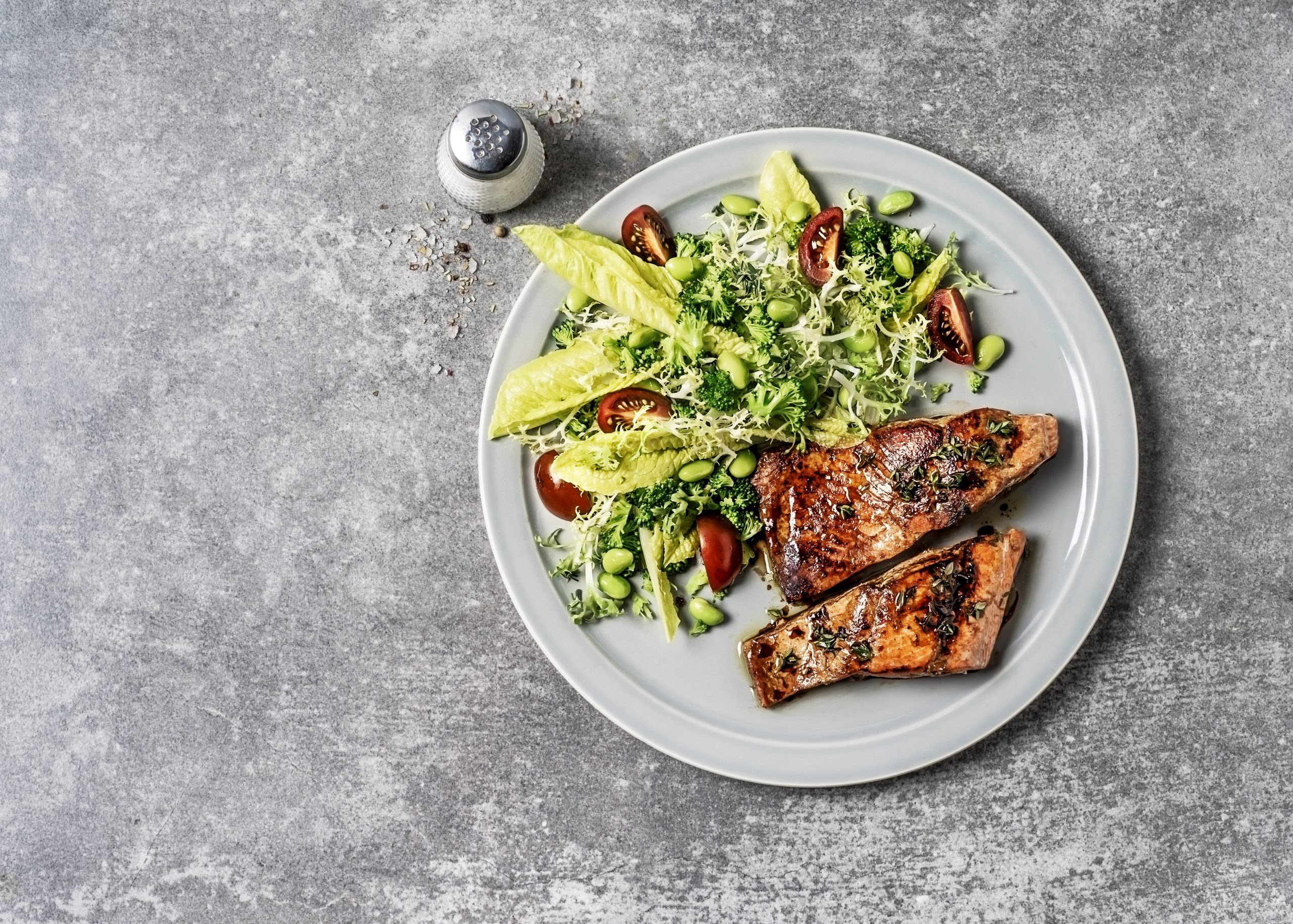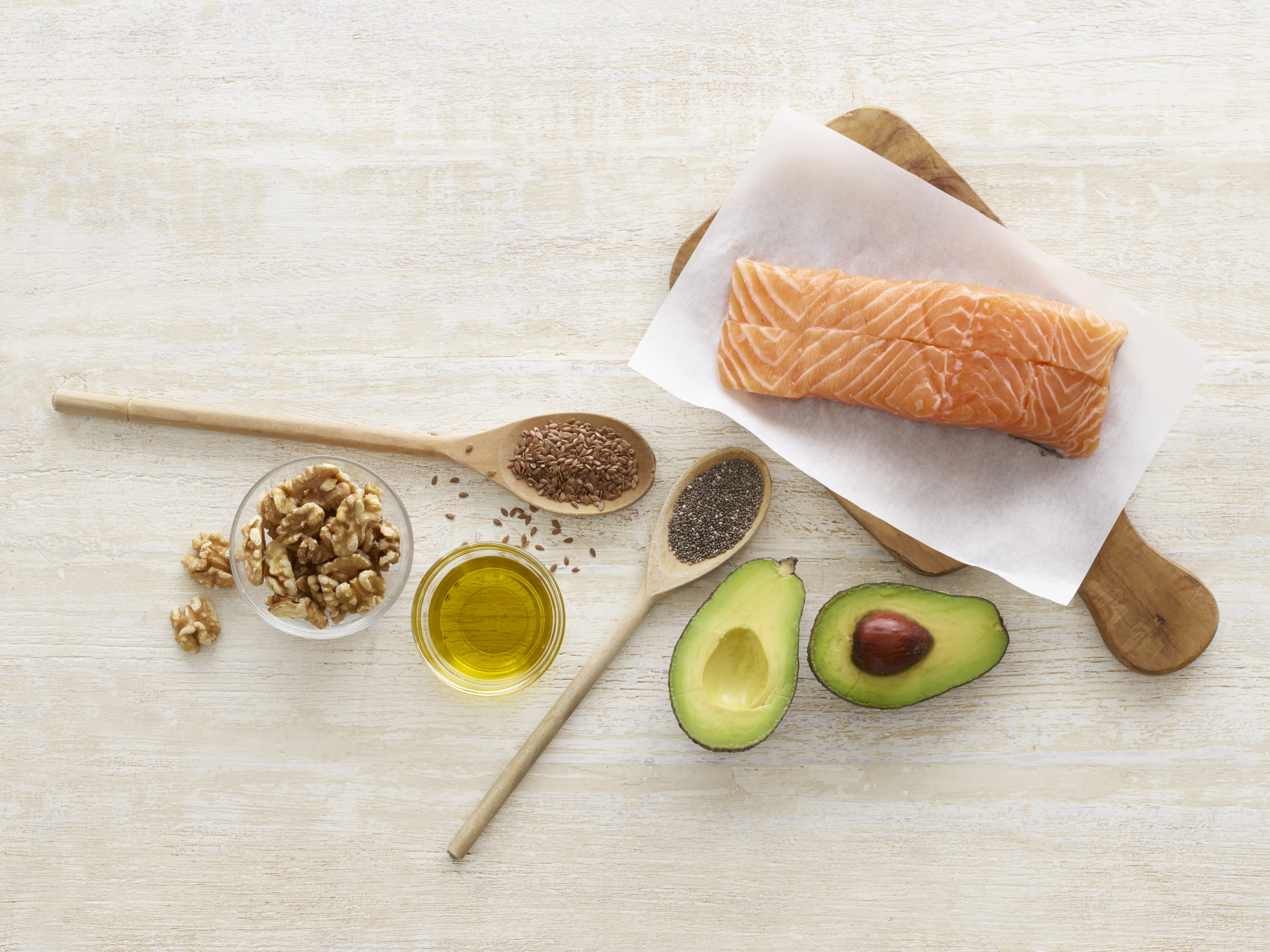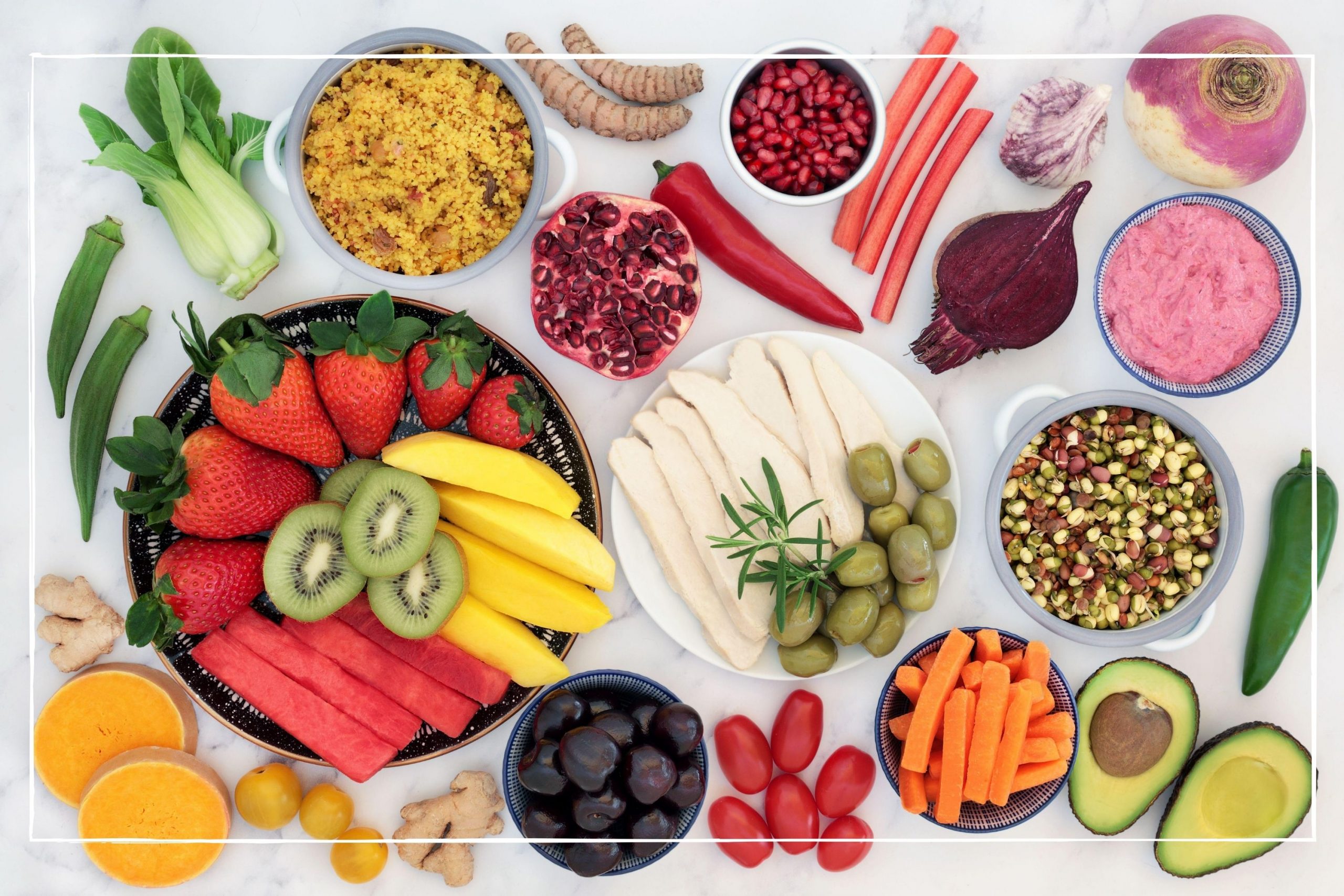What is the seagan diet - and how is it different to veganism?
It's likely we will be seeing more about it in 2020


Veganism has skyrocketed in popularity over the past year or two, but have you heard of ‘seaganism'? A new year brings with it new health and wellness trends and it seems there’s a new buzzword to keep an eye out for.
Seaganism is a trend that’s predicted to be big for 2020 - despite the fact that the term was actually first coined four years ago (in 2016), by food writers Amy Cramer and Lisa McComse. In simple terms, the seagan diet combines plant-based products with fish - hence the merging of the words 'seafood' and 'veganism'. We spoke to nutritionist Sana Khan to find out more about the rising foodie trend.
What is the seagan diet?
Sana explains that seaganism is “when you couple a vegan diet with fish and seafood," and it's become especially popular following the rise of veganism.
Sana says that more and more people are turning to seaganism to get the vitamins and minerals which are often lacking in a vegan diet. She told us, “Many people who rushed to join the veganism bandwagon in 2018 onwards may have found that keeping up with protein and omega content isn’t as easy as it seems.
“So the rise of omega 3 rich fish alongside a predominantly plant based diet is a trend to continue in 2020.”
How does the seagan diet differ from being pescatarian?
It’s worth pointing out that a seagan diet is different from being pescatarian. This is because seaganism does not feature dairy - so eggs, milk and cheese are all off the shopping list.
While the seagan diet includes fish, there’s a real emphasis that followers find sustainably-sourced products.
GoodtoKnow Newsletter
Parenting advice, hot topics, best buys and family finance tips delivered straight to your inbox.
What are the health benefits of a seagan diet?
There's no denying the vegan diet has become increasingly popular over recent years - particularly for its environmental and ethical appeal - but there has also been a plethora of research which has highlighted the downsides of a plant-based diet. This fundamentally comes down to deficiencies in certain vitamins and minerals.
Fish and seafood, on the other hand, are known for being great sources of both. Sana believes this is why we could see a rise seaganism, as it offers a solution to this problem - a plant based diet with vitamin-rich fish.
She says, “Vegan diets alone can increase the risk of certain deficiencies like b12 (derives from animal sources) and amino acids - the complete profiles which are found in animal sources and fish.
“This therefore allows more options for protein and omega 3 good fats, through salmon, mackerel, herring etc. Omega 3 has been linked to reducing inflammation in the body, as well as supporting cardiovascular health.
"After our mid 20s, we start to lose muscle mass therefore keeping on top of our protein portion is integral."
So it seems this diet - which combines vegetables with fish a few times a week - has significant health benefits and also meets the UK Government guidelines for healthy eating.
Tips for following a seagan diet
A variety of foods is paramount to any healthy diet, as different products provide different types and amounts of key nutrients.
This can therefore be applied to seaganism, with regards to incorporating a mix of fish. Sana says, “I would ensure variety rather than sticking to the same type of seafood - so rather than just having white fish opt for oily fish, too."
Each fish has different nutritional benefits - salmon is a great source of vitamin D and calcium, whereas mackerel is rich in omega 3 and vitamin B-12. Alternatively, white fish (such as cod) is low in fat. So combining a mix of oily and white fish with shellfish will cover all bases.

Are there any downsides to a seagan diet?
Sana says the only real concern surrounding a seagan diet "is the mercury and heavy metals found amongst fish.”
Overconsumption of large oily fish - such as sea bass or fresh tuna - can lead to a high intake of mercury which may have adverse effects on health. It's worth pointing out that sardines, domestic crab, haddock, farmed rainbow trout, shellfish, Arctic char, black cod, and Pacific wild-caught salmon are all typically low in mercury.
But if fish is only being consumed a few times a week, this shouldn't be too much of a problem.
There's currently only one book on the rising food trend, which is (unsurprising) by "seaganism founders" Amy Cramer and Lisa McComsey.
Seagan Eating: The Lure of a Healthy, Sustainable Seafood + Vegan Diet details everything to know about pursuing a seagan diet, including personal stories and essential shopping lists. BUY NOW: Seagan Eating, £12.99, Amazon

With a BA hons in English from the University of Liverpool Lizzie has over 7 years' experience writing all things lifestyle for national titles such as Evening Standard, Woman and Home and the Metro.

